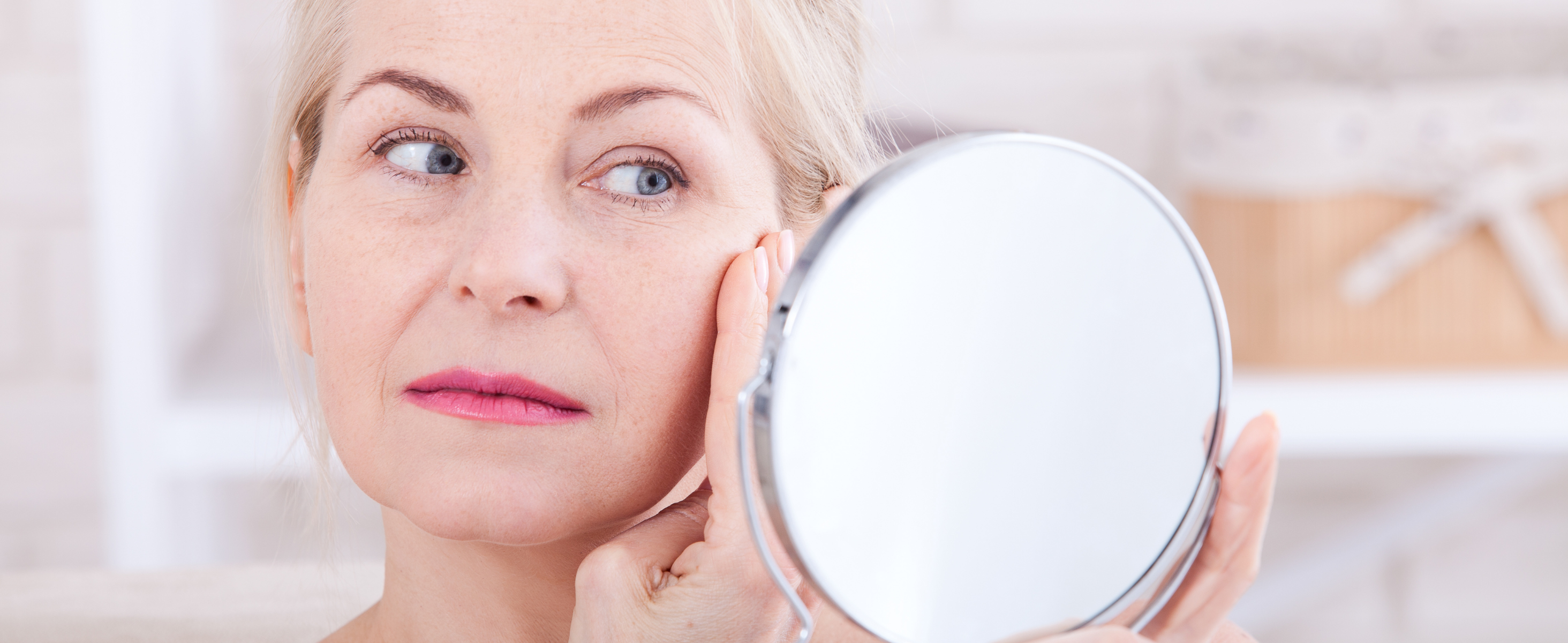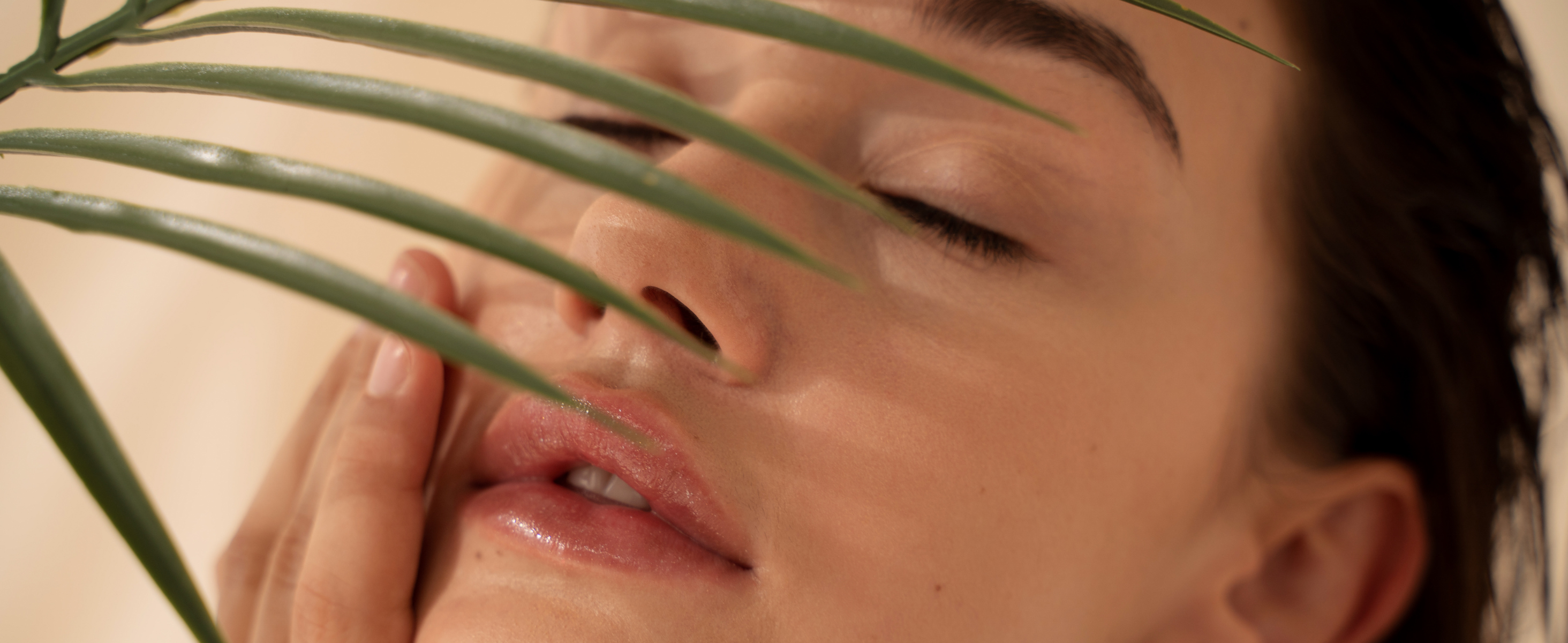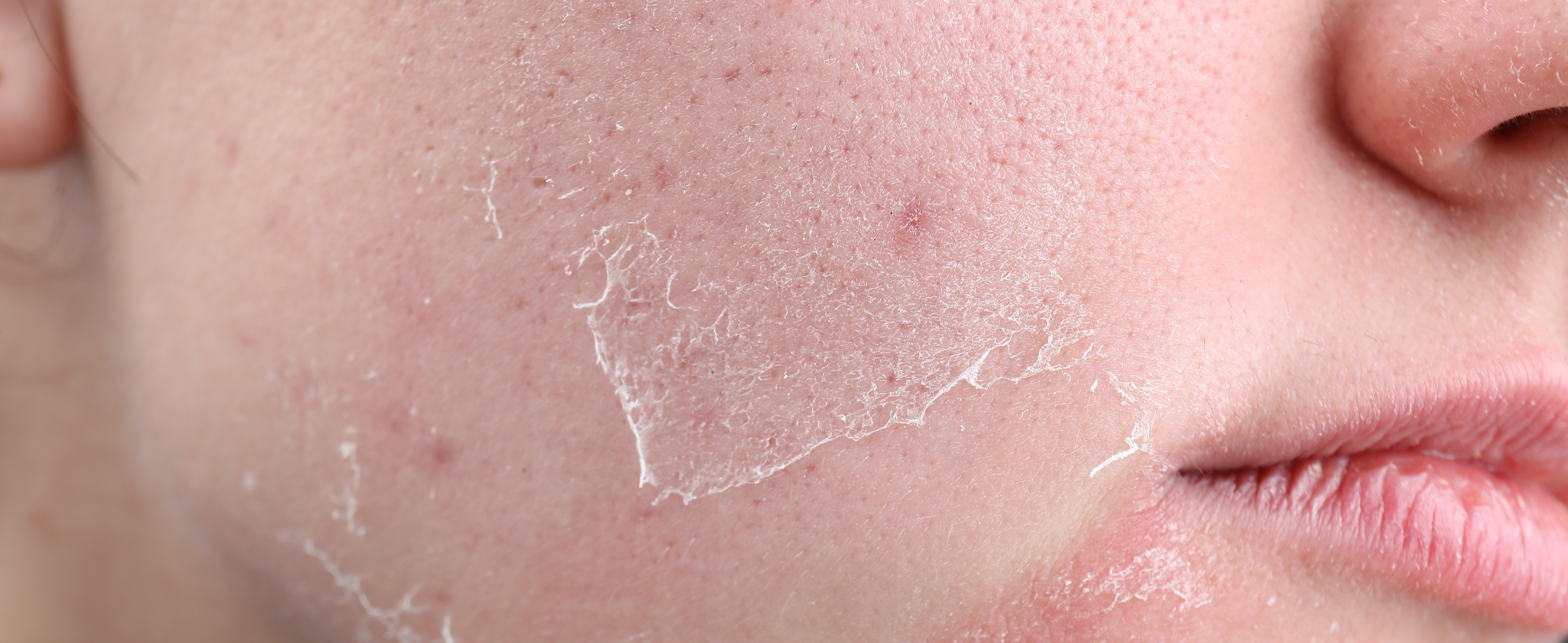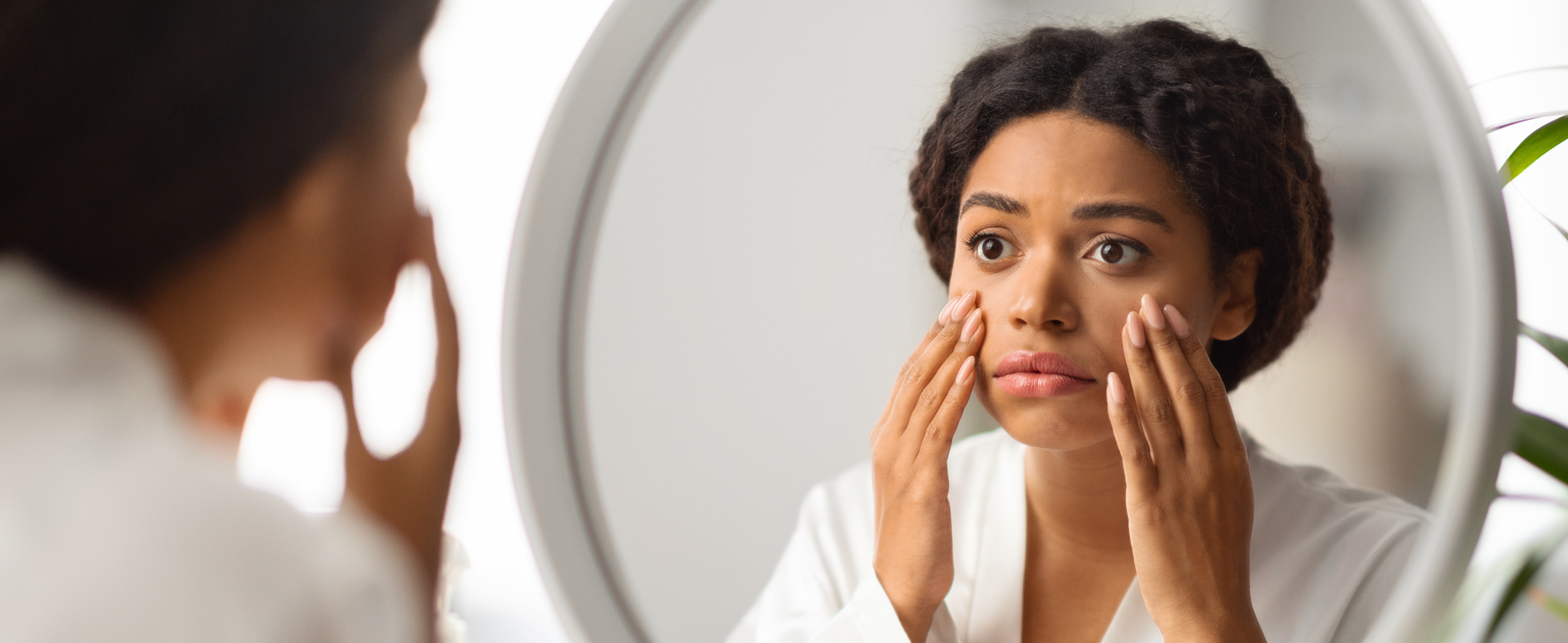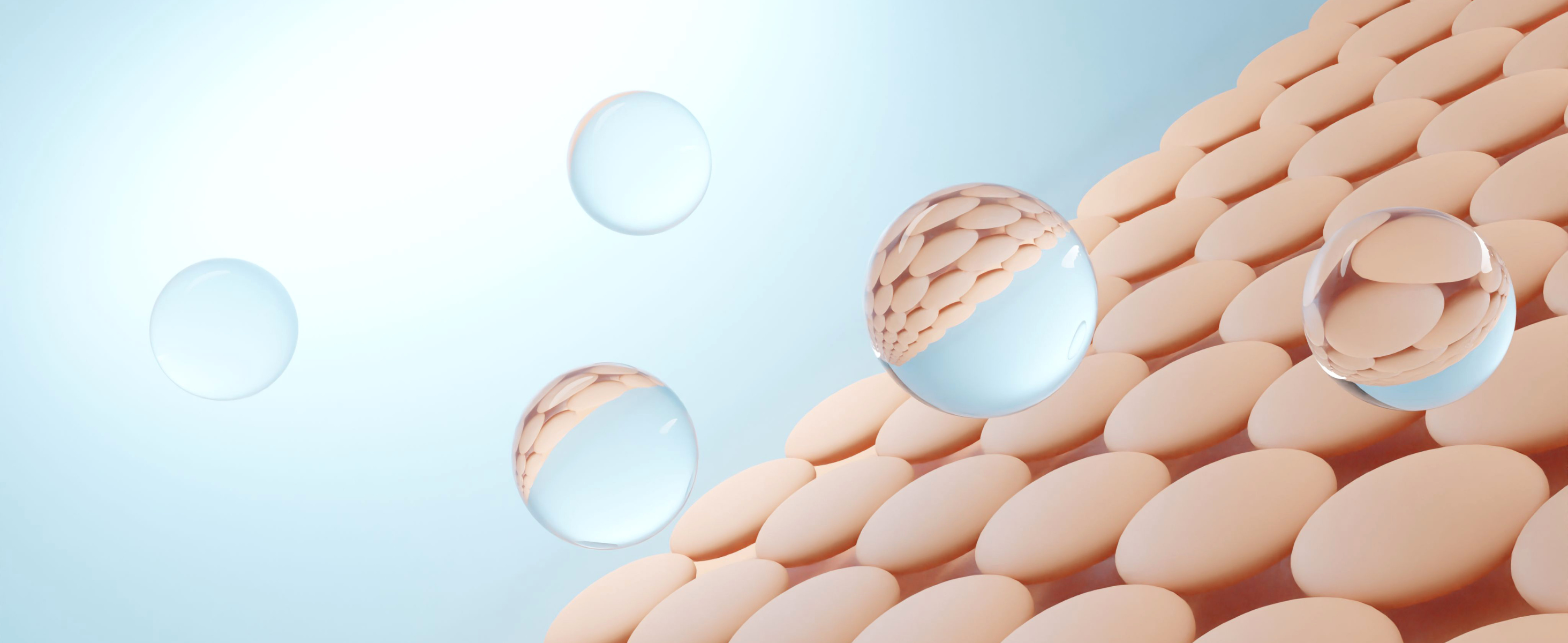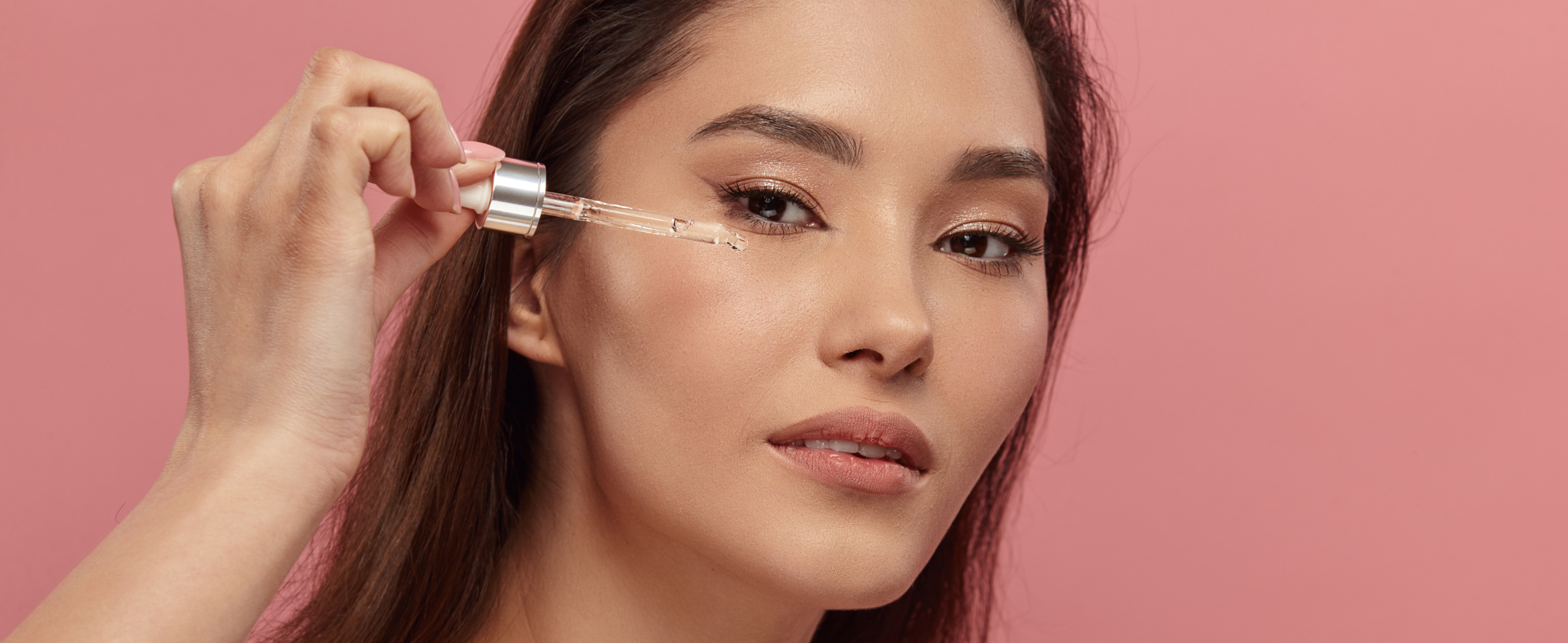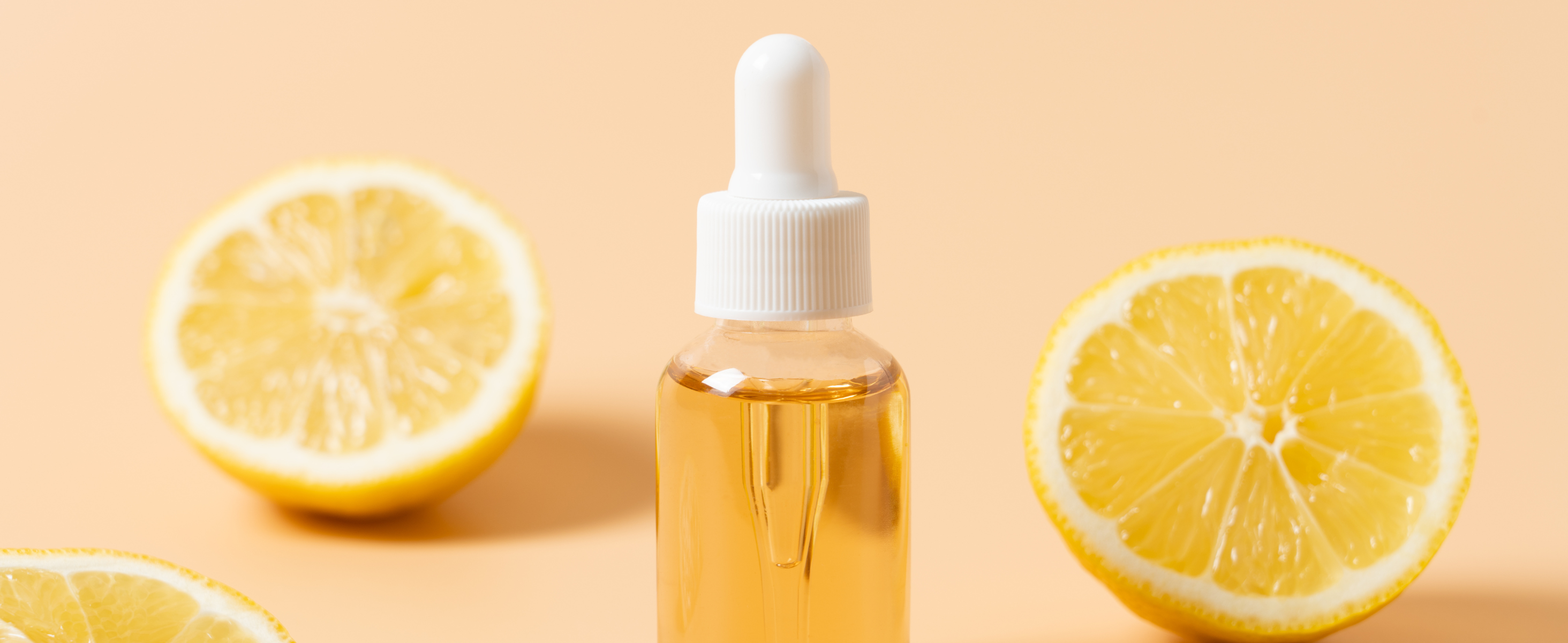Blackheads are a common skin concern that many individuals face, regardless of age or skin type. These small, dark lesions can be persistent and challenging to remove. Understanding their formation and effective treatment methods is crucial for maintaining clear and healthy skin.
What Are Blackheads?
Blackheads, medically known as open comedones, are a type of acne lesion. They appear as small, dark spots on the skin, commonly found on the face, neck, back, and chest. Unlike whiteheads, blackheads have open surfaces, which allow oxidation to occur, giving them their characteristic dark appearance. The dark color is not due to dirt but rather the oxidation of melanin in the clogged pore.
What Causes Blackheads?
Blackheads form when hair follicles become clogged with a combination of sebum (an oily substance produced by sebaceous glands) and dead skin cells. Several factors contribute to their development:
- Excess Sebum Production: Overactive sebaceous glands produce more oil than necessary, leading to clogged pores.
- Hormonal Changes: Fluctuations in hormones, especially during puberty, menstruation, or pregnancy, can increase oil production.
- Improper Skincare: Using oil-based cosmetics or not cleansing the skin properly can contribute to pore blockage.
- Environmental Factors: Pollution and high humidity can exacerbate oil production and clog pores.
It's a common misconception that poor hygiene causes blackheads; however, over-cleansing can irritate the skin and worsen the condition.
How to Remove Blackheads
Effective treatment of blackheads involves a combination of proper skincare practices and the use of specific ingredients known to unclog pores and prevent future blockages.
1. Salicylic Acid Cleanser
Salicylic acid, a beta-hydroxy acid (BHA), is renowned for its ability to penetrate deep into the pores and dissolve the debris that leads to blackheads. Regular use of a salicylic acid cleanser can help exfoliate the skin, remove excess oil, and prevent the formation of new blackheads.
2. Alpha-Hydroxy Acids (AHAs) & Enzymes
AHAs, such as glycolic acid and lactic acid, are water-soluble acids that exfoliate the surface of the skin, removing dead skin cells and promoting cell turnover. Enzymes derived from fruits like papaya and pineapple can also aid in gentle exfoliation. Incorporating products containing AHAs and enzymes can improve skin texture and reduce the occurrence of blackheads.
3. Vitamin A (Retinoids)
Vitamin A derivatives, commonly known as retinoids, are potent agents in the fight against blackheads. They work by promoting cell turnover, preventing the clogging of pores, and reducing oil production. Over-the-counter options like adapalene (Differin) are available, but stronger formulations may require a prescription. It's important to use retinoids as directed and incorporate sunscreen into your routine, as they can increase skin sensitivity to the sun .
Additional Tips for Managing Blackheads
- Consistent Skincare Routine: Maintain a regular cleansing and exfoliating schedule to keep pores clear.
- Non-Comedogenic Products: Choose skincare and cosmetic products labeled as non-comedogenic to avoid clogging pores.
- Avoid Manual Extraction: Refrain from squeezing or picking at blackheads, as this can lead to inflammation and scarring.
- Professional Treatments: Consider consulting a dermatologist for treatments like chemical peels, microdermabrasion, or laser therapy for persistent blackheads.
By understanding the causes of blackheads and implementing targeted treatments, you can effectively manage and reduce their appearance, leading to clearer and healthier skin.


